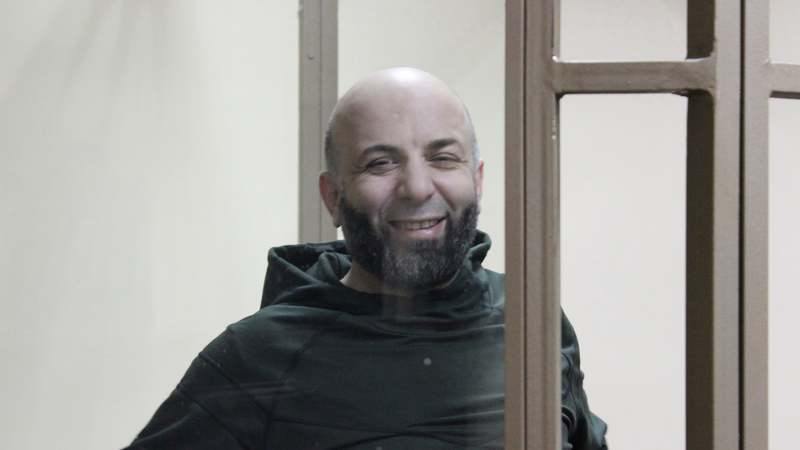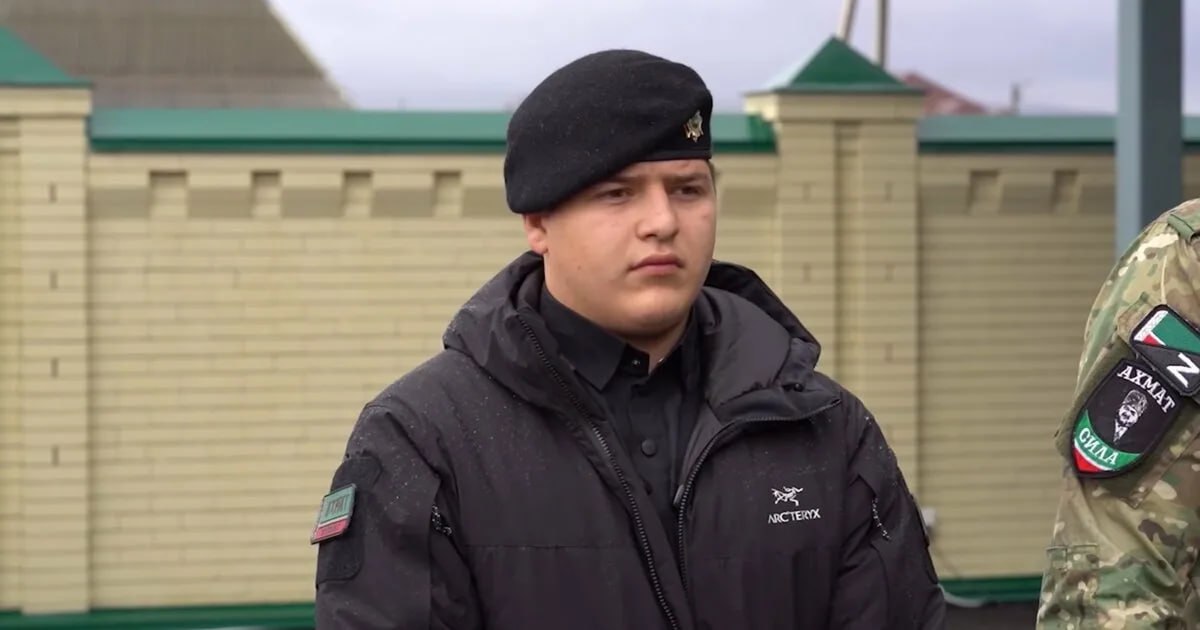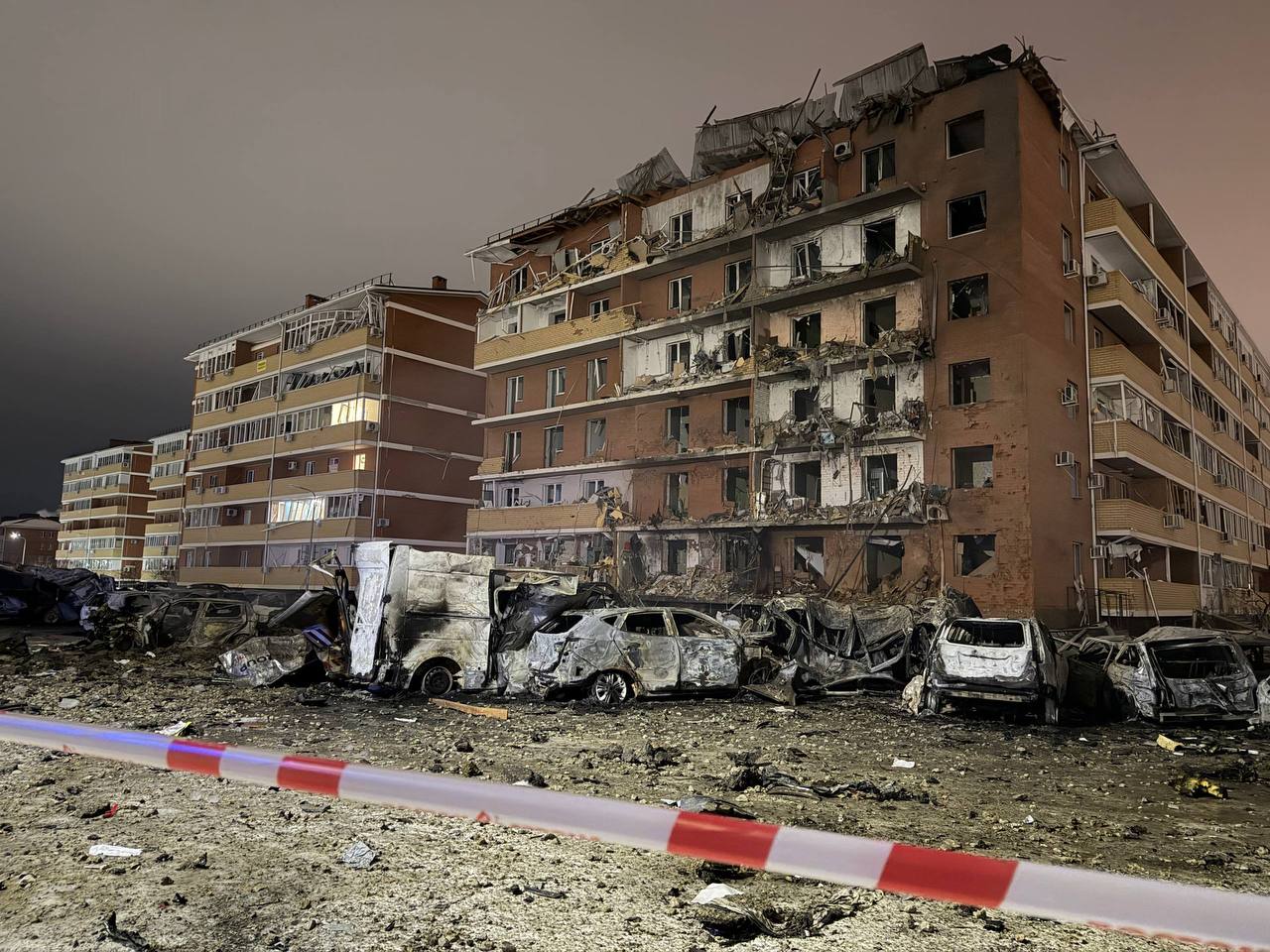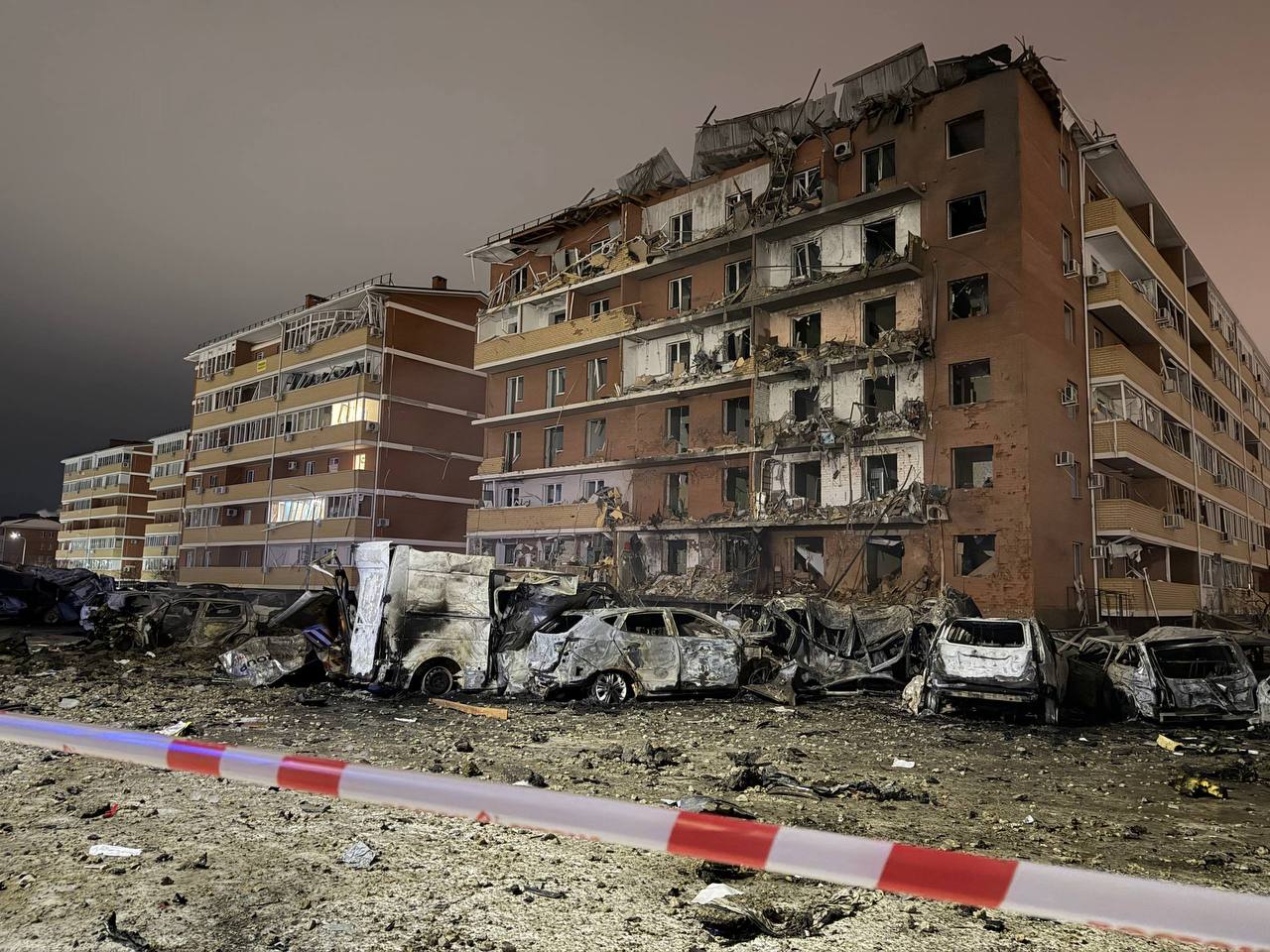The health of Adam Kadyrov, the son of Chechen leader Adam Kadyrov, who was injured in a traffic accident in Grozny, is improving, according to the Agency, citing sources close to the Russian presidential administration and the Chechen authorities.

Teymur Abdullaev, sentenced to 19 years, reported pressure from FSIN officers to transfer him to the EPKT (single cell-type room, which provides for more severe detention conditions) of IK-16 in Salavat (Bashkortostan).
According to the Crimean Tatar, he was called and told about an “order” from the FSIN department — a demand to send a Muslim to the EPKT. In order to create a pretext for the transfer, he was forced by threats to stage a “malicious violation”: to take off his uniform, lie down on the floor and ignore the remark when the officers entered the cell. When Abdullaev and his cellmate did this, the officers said that the violation “does not qualify as malicious” and that he should take off his uniform in front of the cell. The Crimean Tatar refused.
Teymur Abdullaev asks the public to urgently send complaints to various authorities, including the Central Office of the Prosecutor's Office, the Investigative Committee of the Russian Federation, the Human Rights Commissioner, and the Central Office of the Federal Penitentiary Service. In total, he spent more than 1,000 days in the punishment cell during his stay in the colony.
In June 2019, the North Caucasus District Military Court in Rostov-on-Don sentenced brothers Teymur and Uzeir Abdullaev to 16.5 and 13 years in prison, respectively. The Crimean Tatars were detained for their involvement in the activities of the Islamic party Hizb ut-Tahrir, which is banned in Russia. In many countries, it operates without restrictions at the level of national legislation. Before his detention, Teymur Abdullaev taught taekwondo in a sports section and raised five children.



